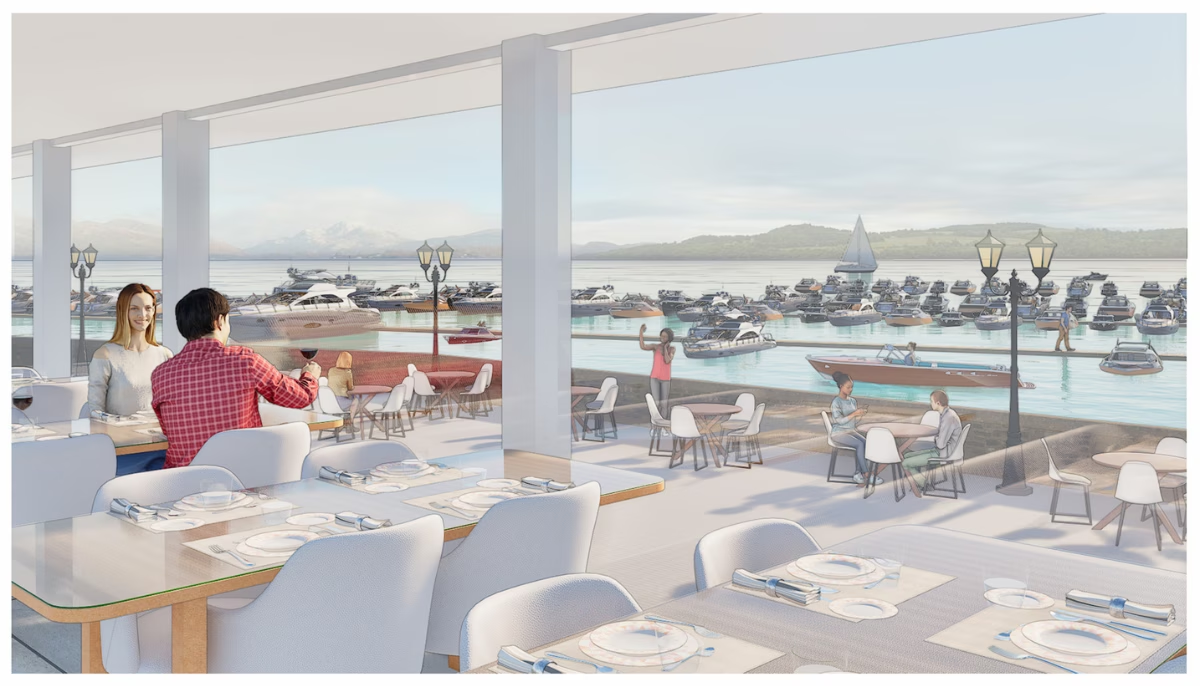Set to host the inaugural African Boating Conference, while steering the Global Marine Business Advisors (GMBA) association and recently stepping in as Interim Executive Director of the International Federation of Boat Show Organisers (IFBSO), Veda Pretorius is making waves across the global boating industry. Marina World sits down with Pretorius to explore her vision for Superyacht Cape Town.
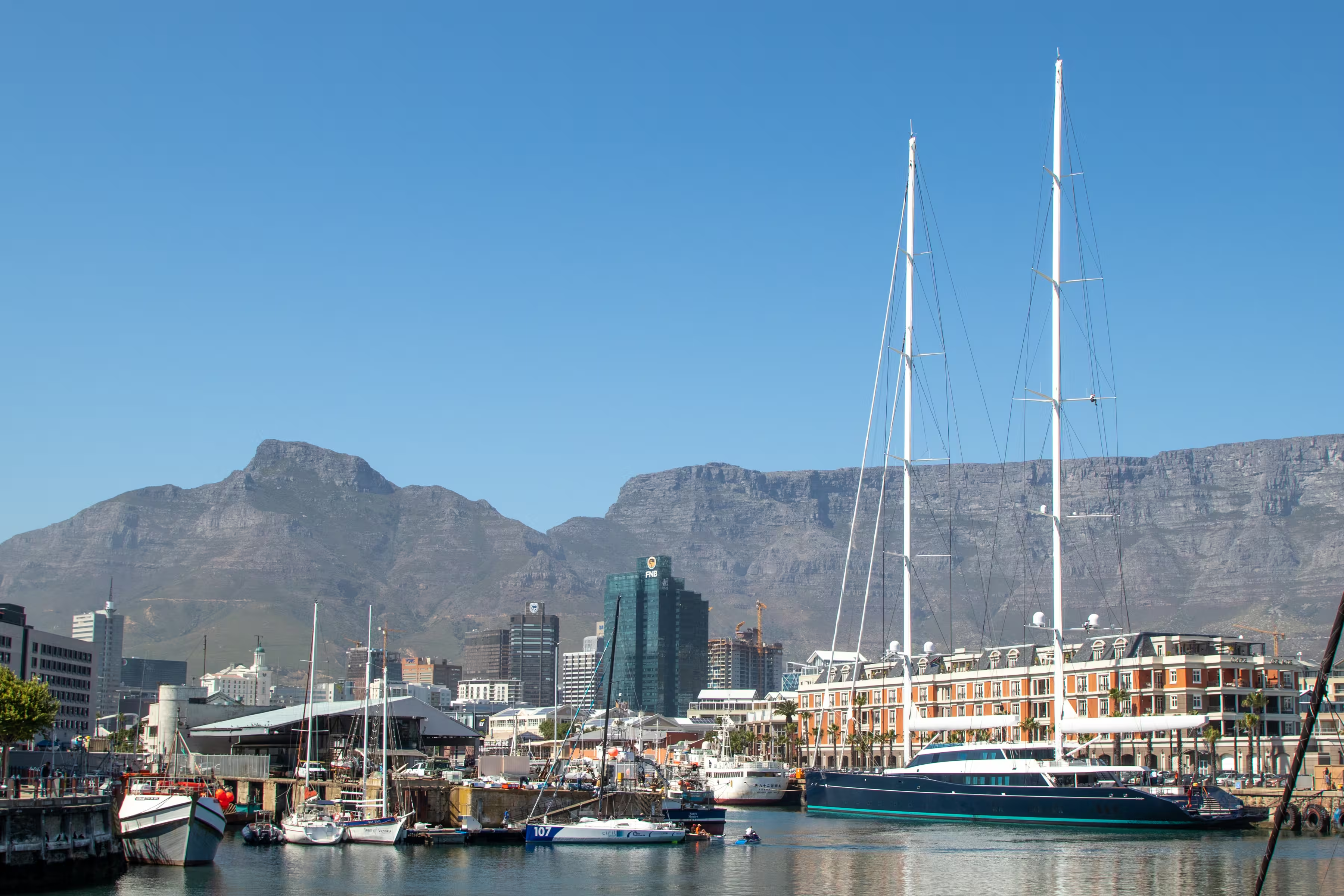
Veda is based in Cape Town, South Africa, a strategic maritime station straddling the division between the Atlantic Ocean and the Indian Ocean. She is the Founder and Director of Superyacht Cape Town, a collaborative and comprehensive portal offering visitor information, and facilitating access to local superyacht services, suppliers and marinas. Through close collaboration with the City of Cape Town, the V&A Waterfront, and the South African Boatbuilders Export Council, Veda actively promotes Cape Town as a superyacht destination.
The V&A Waterfront is one of the most visited and popular destinations in Africa. A mixed-use precinct anchored around its marina, the evolving industry means that a superyacht might today find itself berthed next to a commercial tug. As a key source of income for the marina and local community and an aesthetic attraction for tourists, however, efforts are currently underway to boost and refine superyacht activity, with a self-funded development project featuring a new hotel and dedicated superyacht quayside infrastructure and services.
This interest in expanding yachting infrastructure is echoed in recently announced opportunities to develop two local harbours – Saldanha and St. Helena. “This is exciting news,” comments Veda, “since invitations for the private sector to bid for development tenders in this sector haven’t been forthcoming in decades.” Testament to its interest in attracting investment, Invest SA, South Africa’s government investment promotion agency established less than 10 years ago, serves as a main driver for attracting, facilitating and supporting potential investors.
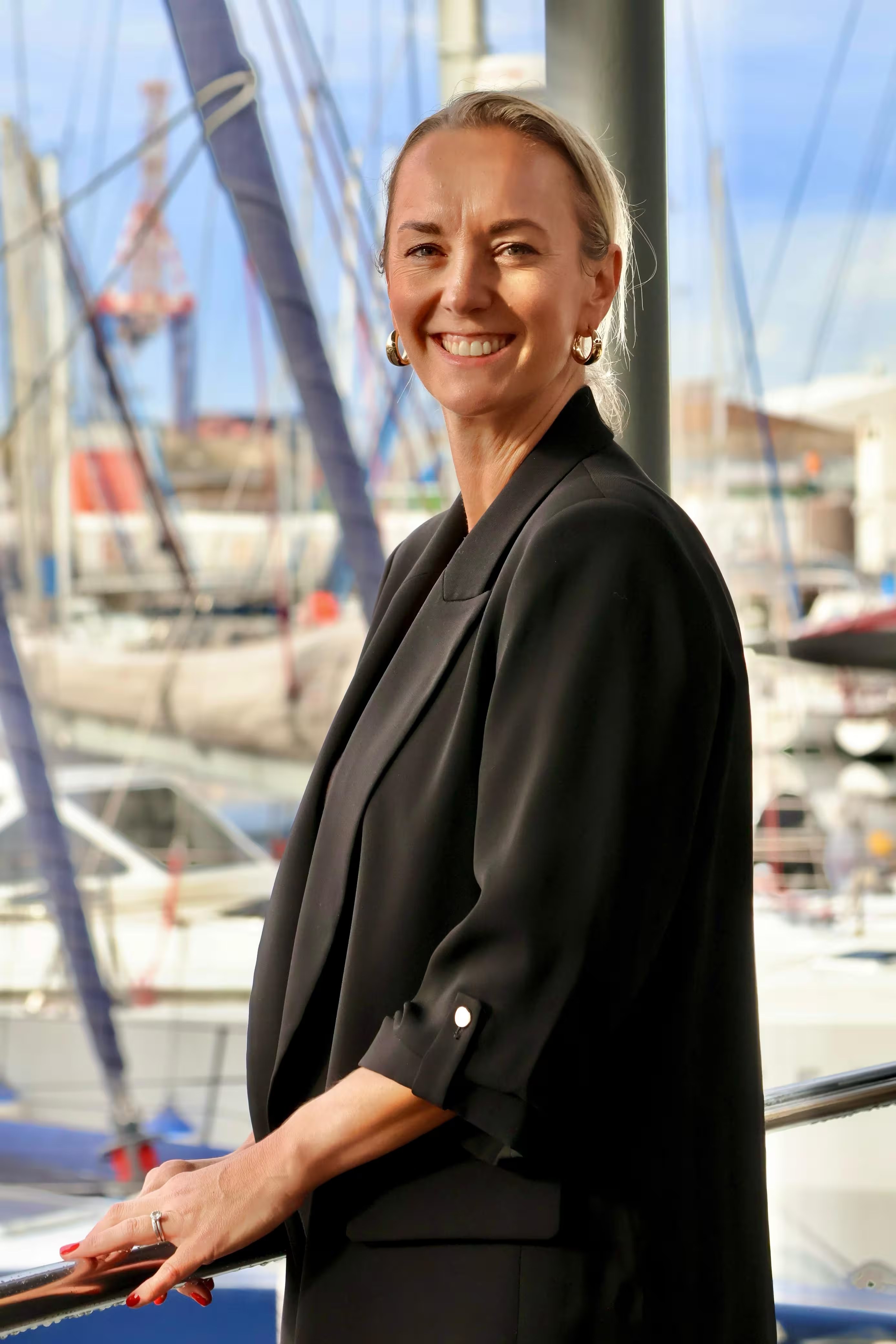
The first African Boating Conference
“This is certainly one of our objectives within the African Boating Conference,” explains Veda. “There is a real issue with access to coastal waters, with short term leases for many yacht clubs and consequent lack of investment, coupled with poorly maintained government infrastructure. With the weak rand and government incentives for foreign investment for infrastructure development, we want to communicate these market growth opportunities to a wider public.”
“One of the primary topics to be explored at the Conference is, of course, marinas,” she says. “I’ve spent many years of my working life overlooking the marina at the V&A Waterfront. It’s been one of my missions to convey the importance of a warm and authentic welcome to visiting yachts. Marinas can fulfil many roles, but when boats are people’s homes, much of their socialising takes place around the pontoons and marina hospitality sites. The marina then needs to ensure a convivial and inviting atmosphere, conveying the unique qualities of the local culture, be it gastronomy, local heritage or a gateway to exploring the wider hinterland.”
“One of our keynote speakers is Paul Darrouzet, owner of Coral Sea Marina, whose work has transformed the marina into an award-winning facility with a long waiting list. We’ll also have a panel discussion on marina development in Africa to help frame the development prospects and potential, and hear from the experts on the challenges and opportunities for developers.”
“The African Boating Conference draws inspiration from established models like the Singapore Yachting Conference and the Australian Superyacht Conference (ASMEX). Our initial vision was focused on developing a superyacht route across this region, but we recognised that the superyacht sector significantly overlaps with the boatbuilding industry regarding suppliers and customers. Individually, our separate boating sectors—marinas, boatbuilding, and superyachts—aren't substantial enough to support standalone conferences. Consequently, we've opted for a unified approach, which creates a valuable networking platform while showcasing the exciting opportunities that South Africa offers for superyachts, the broader recreational boating industry, and its supporting infrastructure.
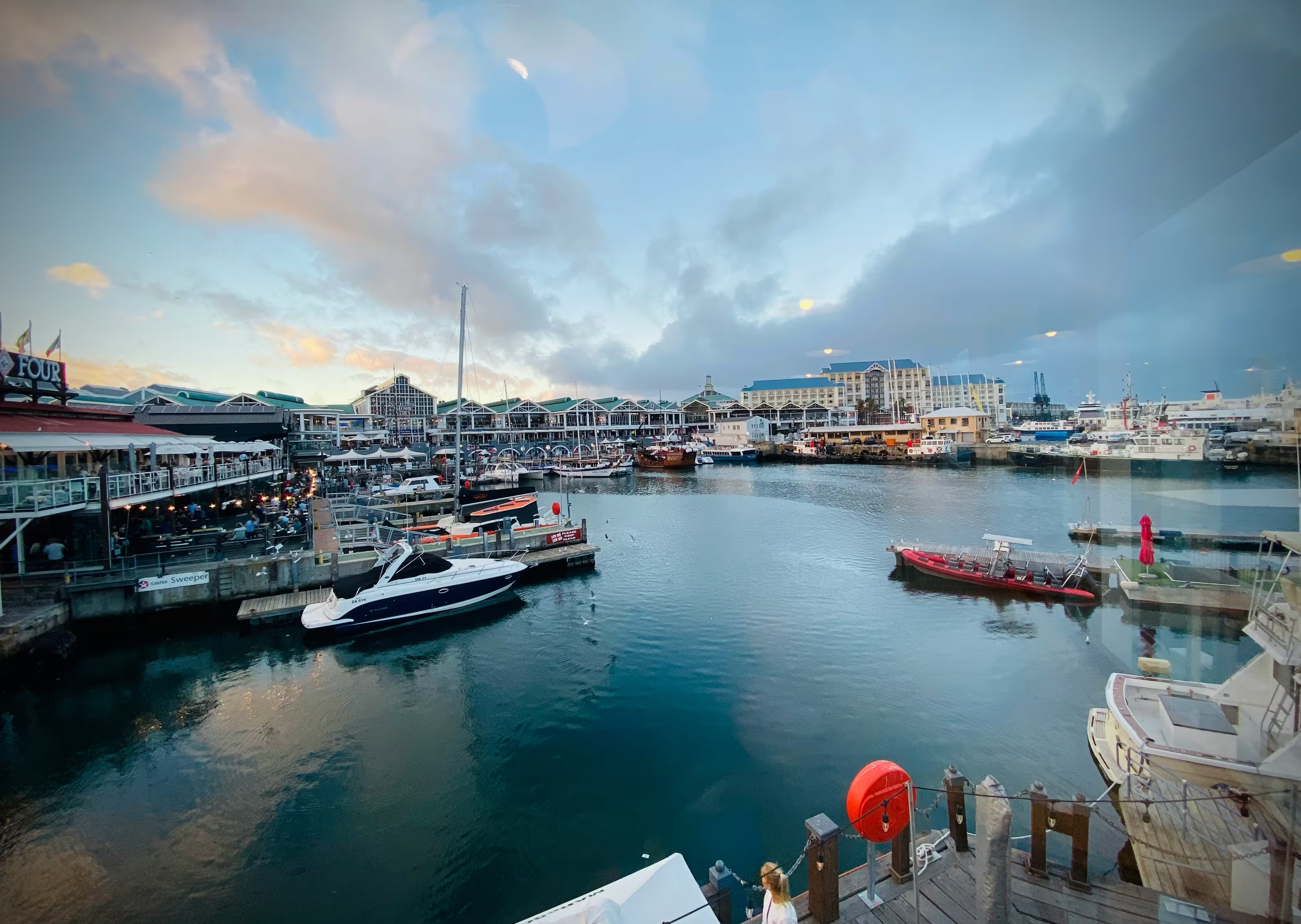
Role models
It might seem reductive that the example of a successful female entrepreneur and business leader drives the urge to refer to successful role models, and a simplification of a complex journey, but Veda recognises the impact of notable women in her personal and working life. She is a fervent believer in lifelong learning and reflects on the achievements of her grandmother, after whom she was named, who after no less than her seventh child, studied drama at degree level, later taking up programming in her sixties, leading to university employment as a coder and programmer in her seventies.
She recognises the accomplishments of various women in the South African boating industry, such as Toni Mainprize who as General Manager, turned around the fate and fortunes of the Royal Cape Town Yacht Club; Vanessa Davidson, executive director of Blue Cape who was fundamental in setting up the local Boatbuilding Academy amongst other projects, and has positive words for DAMEN Shipyard Cape Town who have been very proactive in terms of promoting gender equality and training for women in the marine industry.
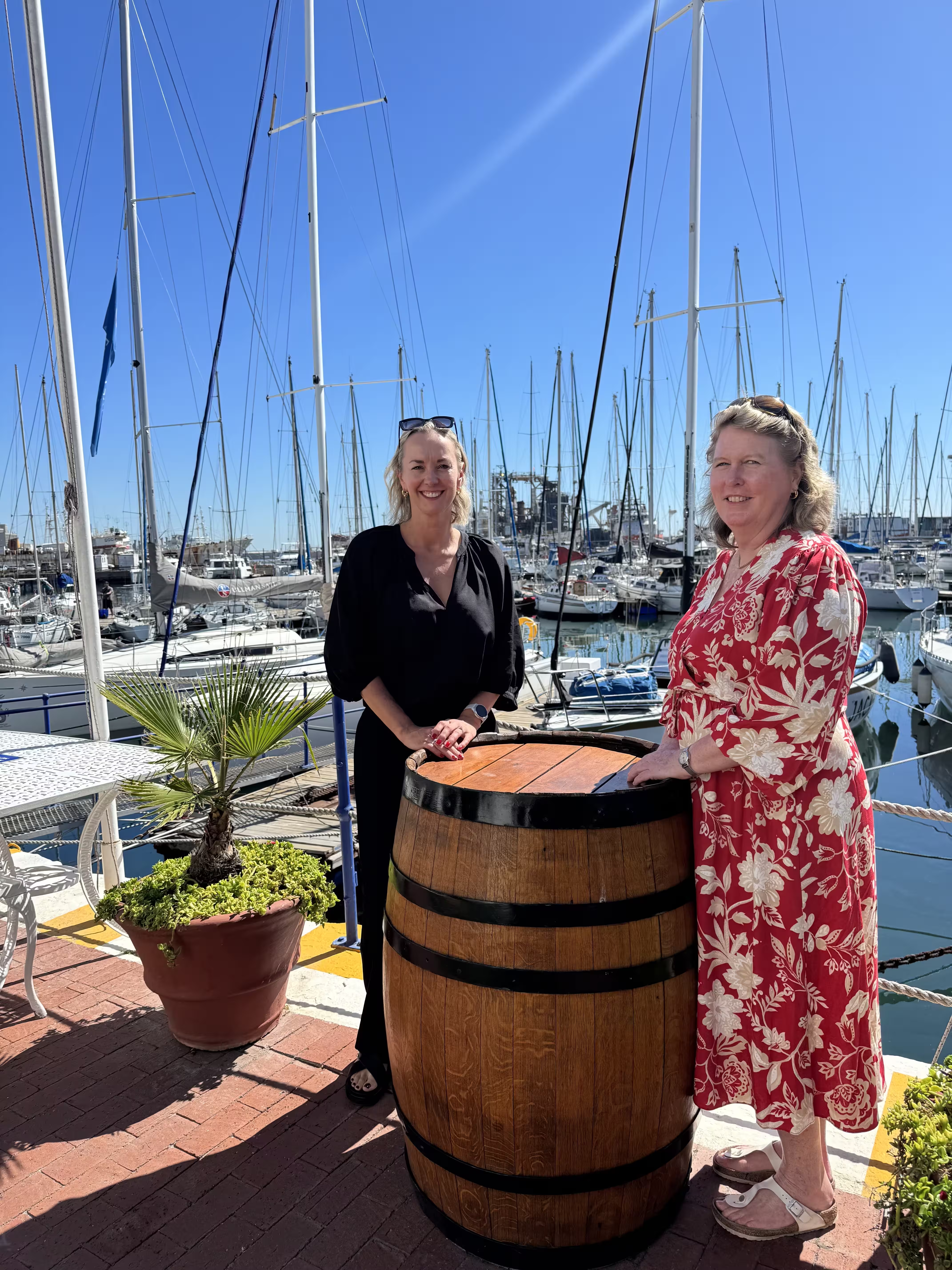
She recollects trying to return to the workplace after a seven-year hiatus supporting various NGOs from home while raising three children. “People have no idea how difficult it is to get back to work after you’ve take time off to look after kids – even if you are prepared to pay for full-time childcare and work eight to nine hours a day. There seems to be an inherent belief that all your work experience and expertise has simply vanished, obliging you to start again from scratch. I’m sincerely grateful to the late Jouko Huju for opening the door, unfolding the steps, and providing access to opportunities to get my career back on track.”
“Jouko was a natural collaborator and coordinator, always knowing who was doing what with remarkable diplomacy. He would have been a great Ambassador, being fundamentally focused on uniting people. He saw the immense value of GMBA, stemming from his deep appreciation for ICOMIA's capacity to bring the industry together. Gathering international industry leaders together around a table, he passionately believed that the collective value of collaboration would always outweigh the potential for competition or conflicts of interest. He was a profound source of inspiration.”
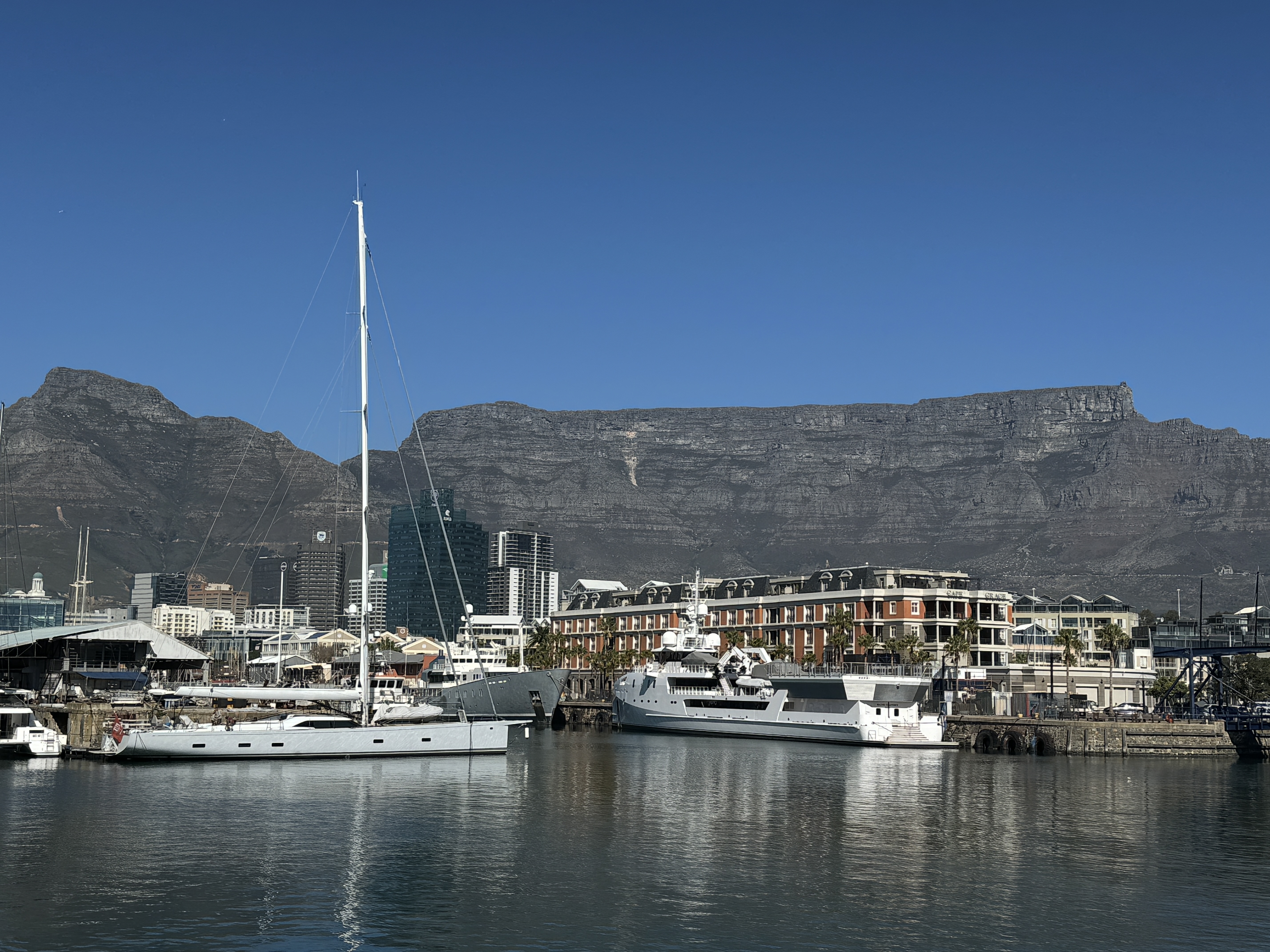
IFBSO
Veda has also stepped into Jouko’s role as leader of the International Federation of Boat Show Organisers, who met with their ICOMIA counterparts at Congress in May. “It’s tremendously exciting to be part of the group; I absolutely love it,” she enthuses. “It’s a very dynamic and interesting group of individuals, so I’m learning a lot.”
Regarding trends and developments, she predicts more change on the horizon: “After the recent post-COVID turbulence, we’re about to see another major shift based on uncertainties related to trade relations, tariffs, supply chain challenges, and regional conflicts. All of this impacts consumer confidence which, in turn, affects boat shows. We’re already seeing consolidation happening in the Scandinavian region where some shows have been cancelled in response to a cautious industry and public, but conversely, there’s a proliferation of shows in Europe and the Med. It will be interesting to see some of the insights drawn from our recent industry survey.” The IFBSO Boat Show Barometer, launched in early April, comprises two separate but equally important surveys aimed at IFBSO members (boat show organisers) and exhibitors. The insights from the surveys will be shared during the upcoming IFBSO Congress.
“I believe that we can learn from other sectors. The luxury travel sector, for example, is increasingly employing sophisticated sensory and immersive innovations to captivate potential customers and drive sales. From the use of multi-sensory tech to emotive and compelling storytelling, they achieve another level of engagement. We really need to innovate to attract both a younger demographic and more diverse newcomers to boating.
This article was originally published in issue 149 of Marina World magazine. Click here to read the online version.





